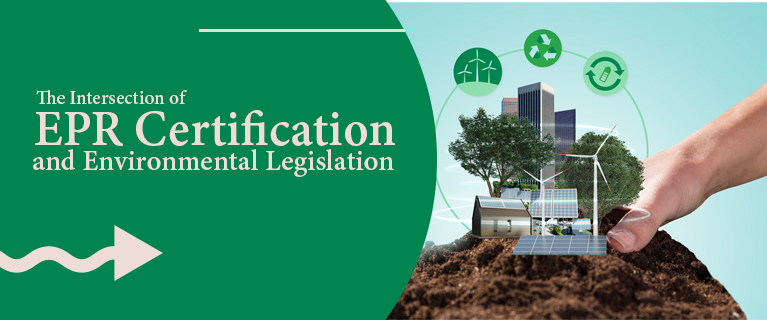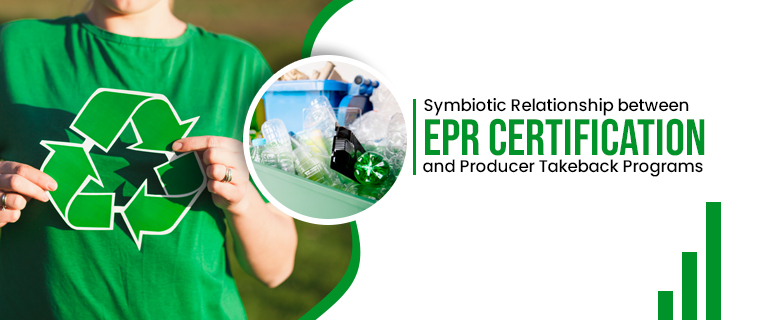The Intersection of EPR Certification and Environmental Legislation
In an era where environmental consciousness is paramount, businesses are increasingly recognizing the need to align their practices with sustainable principles. One significant avenue for demonstrating commitment to environmental responsibility is through Extended Producer Responsibility (EPR) Certification. This certification, while voluntary in some instances, is intricately tied to environmental legislation, serving as a proactive step by companies to meet regulatory requirements and contribute to a greener future.
EPR Certification
Extended Producer Responsibility (EPR) Certification is a commitment by producers to manage the entire lifecycle of their products responsibly – from creation to disposal. It places the onus on companies to mitigate the environmental impact of their goods by adopting eco-friendly practices, promoting recycling, and investing in end-of-life management. While EPR Certification is often voluntary, it frequently aligns with and complements existing environmental legislation, offering businesses a structured framework for compliance.
Read also this -: Symbiotic Relationship between EPR Certification and Producer Takeback ProgramsThe Interplay between EPR Certification and Environmental Legislation:
1. Compliance with Existing Regulations:
EPR Certification serves as a strategic approach for businesses to ensure compliance with prevailing environmental regulations. By voluntarily adopting responsible end-of-life practices, companies position themselves ahead of the regulatory curve, reducing the risk of legal penalties and fostering a culture of environmental stewardship.
2. Encouraging Proactive Measures:
EPR Certification goes beyond mere compliance; it encourages businesses to take proactive measures in managing their environmental impact. This can involve setting ambitious targets for waste reduction, investing in sustainable product design, and actively participating in recycling initiatives. By doing so, companies not only meet legal requirements but also contribute to broader environmental goals.
3. Setting Industry Standards:
EPR Certification often involves adherence to specific industry standards and guidelines. These standards are frequently developed in collaboration with governmental agencies and environmental organizations, creating a harmonized approach to responsible product management. As companies adopt these standards voluntarily, they pave the way for industry-wide best practices, influencing and shaping future environmental legislation.
4. Addressing Regulatory Gaps:
In some cases, EPR Certification initiatives emerge in response to perceived gaps in existing environmental legislation. Companies, recognizing the need for more comprehensive and proactive approaches to sustainability, take the lead in establishing standards that go beyond legal requirements. This can result in a positive feedback loop where industry-driven initiatives inform and shape future legislation.
5. Supporting Global Sustainability Agendas:
EPR Certification often aligns with international sustainability agendas and frameworks. Companies seeking certification demonstrate a commitment to meeting global environmental standards, thereby contributing to broader initiatives such as the United Nations Sustainable Development Goals. This not only enhances a company's reputation but also positions it as a responsible global citizen.
Read also this -: Revolutionizing E-Waste Management Through EPR CertificationConclusion:
In the intricate dance between business practices and environmental legislation, Extended Producer Responsibility (EPR) Certification emerges as a dynamic force. It not only ensures compliance with existing regulations but also propels businesses towards proactive and sustainable measures. As companies voluntarily embrace EPR Certification, they actively contribute to shaping the future landscape of environmental legislation, setting the stage for a greener, more sustainable world. In this symbiotic relationship, businesses become key partners in the ongoing quest for a harmonious coexistence between commerce and conservation.




Comments
Post a Comment